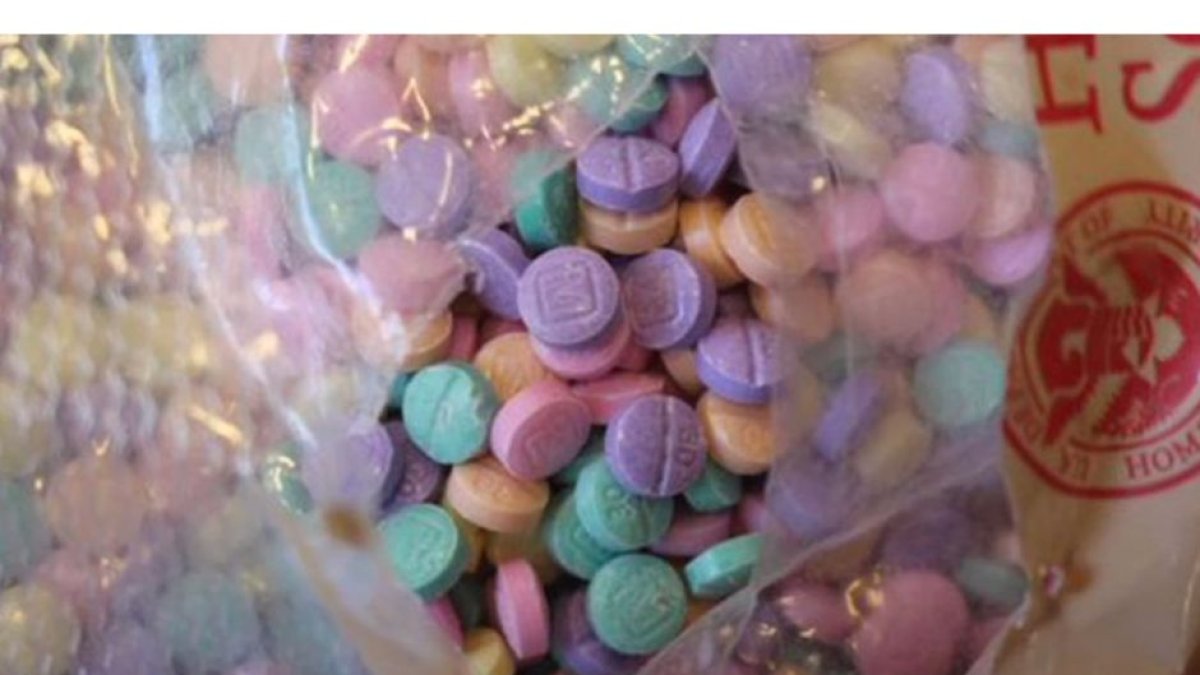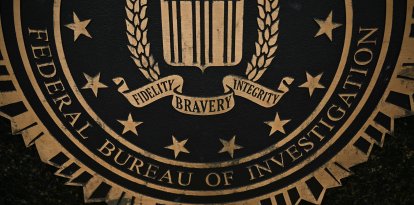Rainbow fentanyl: the deadly drug disguised as children's candy
Authorities warn that it is the same substance despite its colorful and childish appearance.

(YouTube)
Trick-or-treating is a classic Halloween tradition for children but it could dramatically change. Authorities warn that drug traffickers are marketing fentanyl in tablets that can be mistaken for candy, and have even found the substance disguised in well-known candy wrappers.
"Halloween can be scary, but nowhere near as scary as rainbow-colored fentanyl that looks like candy and can be lethal in minute doses," warns Ashley Moody, Florida's attorney general, who insisted this threat "is real. "While speaking to Fox News, Moody advised parents to be cautious and take steps to safeguard their children's health. In addition, she urged them to have a conversation about the dangers of drugs.
"Weapon of mass destruction"
Moody is a leading crusader against fentanyl, and has been warning of the risk it poses for months, urging President Joe Biden to take the threat seriously. In fact, she is one of 18 Republican attorneys general who signed a letter urging that this drug be considered "a weapon of mass destruction."
In August, the DEA had already warned about the drug’s newest appearance and the risks posed to minors. "Rainbow fentanyl—fentanyl pills and powder that come in a variety of bright colors, shapes, and sizes—is a deliberate effort by drug traffickers to drive addiction amongst kids and young adults," said DEA administrator, Anne Milgram.
"Fentanyl is fentanyl no matter what form it comes in"
The threat this drug poses to children has been heightened following the Los Angeles airport authorities’ seizure of around 12,000 fentanyl pills disguised in well-known brands of Halloween candy, such as SweeTARTS, Skittles and Whoppers. "With Halloween approaching, parents need to make sure they are checking their kids candy and not allowing them to eat anything until it has been inspected by them," the city sheriff warned. "If you find anything in candy boxes that you believe might be narcotics, do not touch it and immediately notify your local law enforcement agency."
Scientists insist that the risk from consumption remains the same. Sam Wang, a pediatric toxicologist at the Children’s Hospital Colorado told CNN that "the bottom line is that fentanyl is fentanyl, no matter what form it comes in. The fentanyl itself is going to be the same issue as the counterfeit pharmaceutical fentanyl. We don’t know how much is in it – it can vary. We don’t know the type of fentanyl. We don't know the type of fentanyl. And so those concerns transmit, still, over to this product. It’s just now this looks like it has a potential danger for young children and then also, it’s going to be more attractive for people to use and have consequences from that."

























